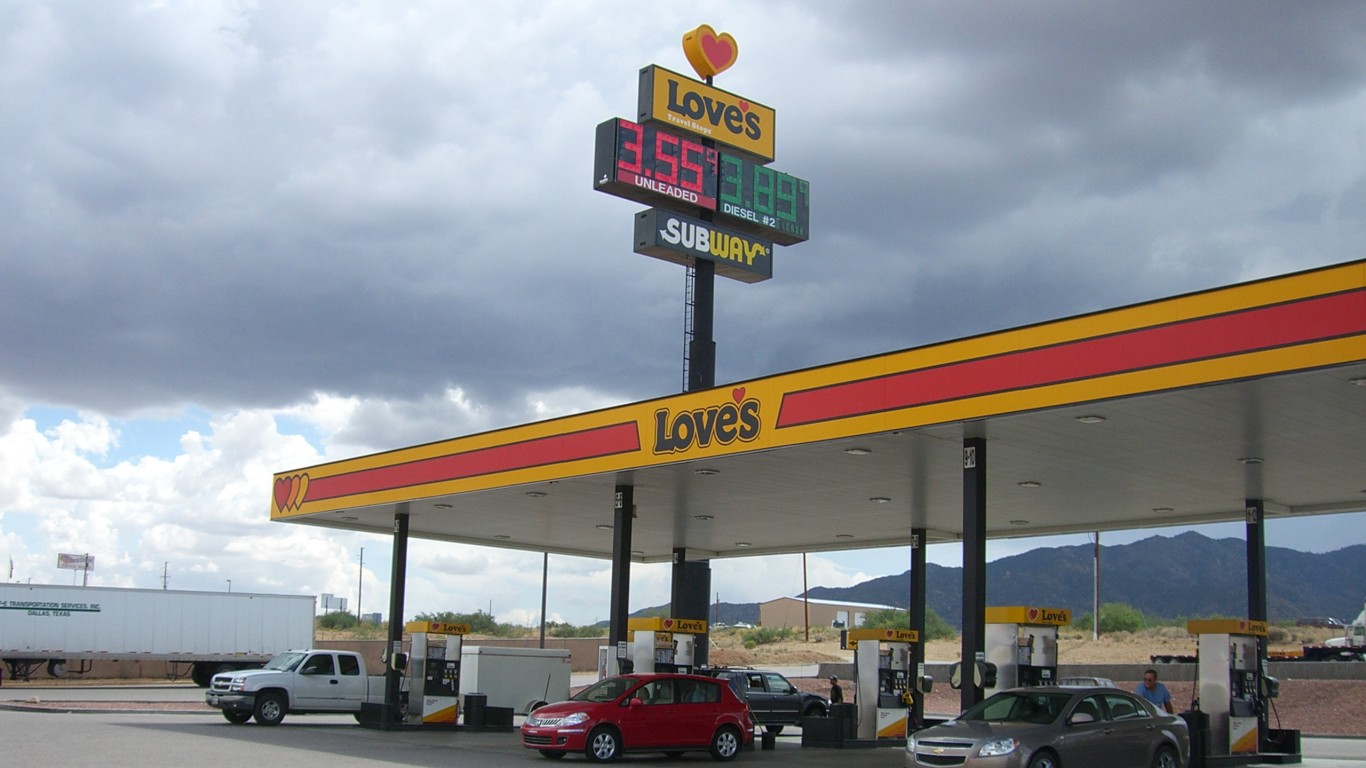 In yet another sign that the no one knows for sure what’s happening in the world oil market, OPEC has raised its estimate for demand growth for crude oil by 100,000 b/d to 1.1 million b/d. At the same time, the cartel has lowered its estimate for total demand for OPEC crude by 100,000 b/d to 28.6 million b/d. The upward revision in demand growth is expected to be supplied by non-OPEC countries, particularly Brazil, Canada, Azerbaijan, and Kazakhstan.
In yet another sign that the no one knows for sure what’s happening in the world oil market, OPEC has raised its estimate for demand growth for crude oil by 100,000 b/d to 1.1 million b/d. At the same time, the cartel has lowered its estimate for total demand for OPEC crude by 100,000 b/d to 28.6 million b/d. The upward revision in demand growth is expected to be supplied by non-OPEC countries, particularly Brazil, Canada, Azerbaijan, and Kazakhstan.
The overall effect, combined with a stronger dollar, has pushed the price for WTI below $82/b today. Gold is following oil’s downward move as well, again based on the strengthening dollar.
OPEC’s forecast for lower total demand rests on its belief that the end of government economic stimulus plans in the developed countries is coming to an end in the second half of 2010. The cartel noted that demand for its oil is expected to be 300,000 b/d lower than demand for OPEC crude in 2009.
The cartel believes that there are ample supplies of physical crude in the market based on its review of stocks. In fact, the October report notes that expanded refining facilities have led to increases in idled capacity and lower refinery utilization rates. From OPEC’s point of view, these developments provide little support for crude prices to rise.
The crude market remains in contango, with futures prices widening on the NYMEX but narrowing on the Intercontinental Exchange. If the contango continues to widen on the NYMEX, OPEC believes that will lead to a situation where we’ll beginning to see an increase in floating storage again.
OPEC has adamantly refused to raise production to meet what it believes are speculative increases in the price of crude. It prefers to argue that the market is well-supplied and that speculation in crude is not its problem. With crude prices in the US parked above $80/b, but short of $87/b, the cartel wins both sides of the bet, so it’s no surprise that it prefers to look the other way.
But OPEC is wary of weakening demand for crude in 2011. The cartel noted that forecast GDP figures from some countries are weaker for the coming year, which usually leads to lower demand for crude. Another significant factor is the use of alternative fuels, which continues to grow and threaten demand for OPEC’s crude.
If governments continue to subsidize alternative energy, OPEC may choose to let the speculation in oil run on. It’s pretty clear that OPEC doesn’t like being painted as the bad guy in the rising cost of crude, but if governments want to take the food out of the mouths of the oil sheikhs, OPEC has indicated before that it is not unwilling to let the rest of the world find out the true cost of alternative energy as it is related to crude prices.
Paul Ausick
Essential Tips for Investing: Sponsored
A financial advisor can help you understand the advantages and disadvantages of investment properties. Finding a qualified financial advisor doesn’t have to be hard. SmartAsset’s free tool matches you with up to three financial advisors who serve your area, and you can interview your advisor matches at no cost to decide which one is right for you. If you’re ready to find an advisor who can help you achieve your financial goals, get started now.
Investing in real estate can diversify your portfolio. But expanding your horizons may add additional costs. If you’re an investor looking to minimize expenses, consider checking out online brokerages. They often offer low investment fees, helping you maximize your profit.
Thank you for reading! Have some feedback for us?
Contact the 24/7 Wall St. editorial team.


